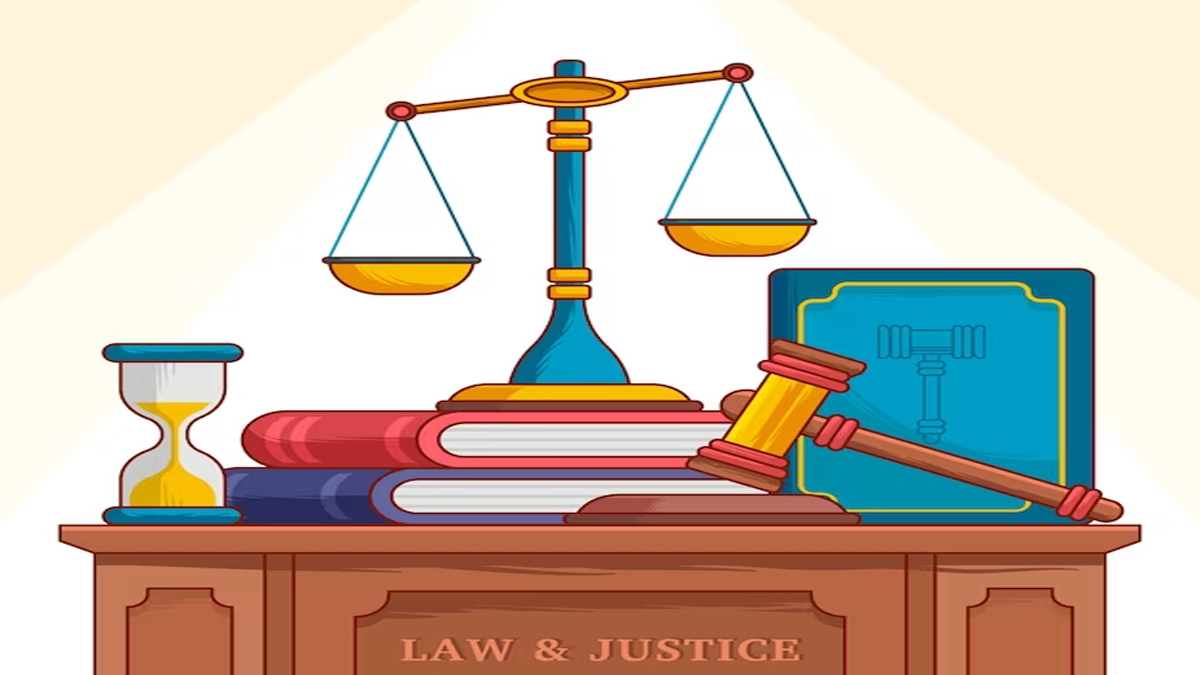Background
The case originated in the early 1980s when Sheela Barse, a prominent child rights activist, began her mission to expose the dismal state of affairs in Indian prisons and juvenile homes. Sheela Barse had been visiting these facilities across Maharashtra and documented harrowing conditions that violated not only the basic rights of the inmates but also the legal provisions meant to protect them. Her investigations revealed overcrowding, lack of hygiene, and rampant abuse, particularly affecting juvenile inmates. The plight of children in these institutions prompted her to file a public interest litigation (PIL) in the Bombay High Court, seeking judicial intervention to ensure the fundamental rights of these vulnerable individuals.
Key Legal Issues
The “Sheela Barse” case raised several crucial legal issues:
- Violation of Fundamental Rights: The primary issue at hand was the alleged violation of fundamental rights guaranteed under the Indian Constitution. Sheela Barse contended that the inhumane conditions in prisons and juvenile homes amounted to cruel, inhuman, or degrading treatment, violating Article 21 (Right to Life and Personal Liberty) and Article 39(f) (Protection of Children) of the Constitution.
- Rights of Juvenile Inmates: A significant aspect of the case revolved around the rights of juvenile inmates, as India had ratified the United Nations Convention on the Rights of the Child in 1992. Sheela Barse argued that the substandard conditions and lack of rehabilitation programs in juvenile homes infringed upon the rights enshrined in this international treaty.
- Accountability of State Authorities: The case also highlighted the issue of accountability of state authorities, including prison and juvenile home officials, in ensuring the well-being of inmates. Sheela Barse sought to hold these authorities responsible for the deplorable conditions.
Key Arguments
- Violation of Fundamental Rights: Sheela Barse, represented by legal counsel Colin Gonsalves, argued that the conditions in prisons and juvenile homes were not in line with the principles of human dignity and violated the fundamental rights of the inmates. They contended that overcrowding, inadequate sanitation, and lack of medical facilities amounted to cruel, inhuman, or degrading treatment, which was prohibited by Article 21 of the Constitution.
- Rights of Juvenile Inmates: Another crucial argument centered on the rights of juvenile inmates. The petitioner contended that the juvenile justice system in Maharashtra was failing to rehabilitate and protect the rights of minors in conflict with the law, as mandated by the Juvenile Justice (Care and Protection of Children) Act, 1986. Sheela Barse stressed the need for specialized facilities and trained staff for juveniles.
- Accountability of State Authorities: The case also emphasized the accountability of state authorities in ensuring that the conditions in prisons and juvenile homes met legal and humanitarian standards. Sheela Barse argued that state officials should be held responsible for the violations taking place under their jurisdiction.
Judicial Pronouncement
The Bombay High Court, presided over by a division bench of Justice Sujata Manohar and Justice Madhukar H. Harkhanis, delivered its judgment in the “Sheela Barse” case on February 18, 1987. The court issued several significant directives:
- Improvement of Conditions: The court ordered immediate improvements in the conditions of prisons and juvenile homes, including steps to reduce overcrowding, ensure cleanliness, and provide adequate medical facilities.
- Rights of Juveniles: Special provisions were mandated for juvenile inmates, including separate accommodation and trained staff to oversee their rehabilitation and education.
- Inspection Committees: The court established committees to conduct regular inspections of these institutions and report on their conditions. These committees would comprise retired judges, lawyers, and social workers.
- Legal Aid: It directed the state government to provide legal aid to inmates who were eligible for release but remained incarcerated due to their inability to furnish bail bonds or sureties.
- Reporting Mechanism: The court set up a mechanism for inmates to report grievances and for social workers to file complaints on behalf of inmates.
Implications and Legacy
“Sheela Barse v. State of Maharashtra” had profound implications for the Indian criminal justice system and the protection of human rights:
- Improved Conditions: The case led to a significant improvement in the conditions of prisons and juvenile homes in Maharashtra. It served as a precedent for other states in India to address similar issues.
- Legal Precedent: The judgment in this case established a legal precedent for holding state authorities accountable for the welfare of inmates. It emphasized the importance of protecting the fundamental rights of prisoners and juvenile offenders.
- Juvenile Justice Reform: The case played a pivotal role in prompting reforms in India’s juvenile justice system, leading to the enactment of the Juvenile Justice (Care and Protection of Children) Act, 2000, which incorporated international standards for the treatment of juvenile offenders.
- Role of Public Interest Litigation: “Sheela Barse” exemplifies the power of public interest litigation in India, allowing concerned citizens to bring attention to violations of fundamental rights and seek redressal through the judiciary.
Conclusion
“Sheela Barse v. State of Maharashtra” stands as a testament to the tireless efforts of human rights activists in India. It not only exposed the inhumane conditions prevailing in prisons and juvenile homes but also paved the way for substantial improvements in the treatment of inmates and juvenile offenders. The case underscored the judiciary’s role in upholding fundamental rights and holding state authorities accountable for their actions. Beyond its immediate impact, the legacy of this landmark case continues to influence the protection of human rights and the reform of the criminal justice system in India.
